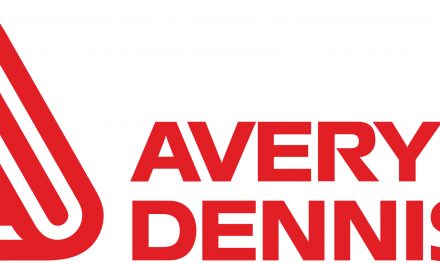In the dynamic world of e-commerce, the efficiency of order fulfilment is a pivotal factor in the success of online businesses. This comprehensive guide explores the intricacies of e-commerce order fulfilment, the challenges of managing this process in-house, and the strategic decision to outsource to a Third-Party Logistics (3PL) provider. We will delve into the benefits of such a partnership, key considerations, and practical steps for selecting the right 3PL partner, accompanied by real-world examples of successful transitions.
Introduction to E-commerce Order Fulfilment
E-commerce order fulfilment encompasses the entire process from a customer’s purchase online to the delivery of their order. This process is the backbone of customer satisfaction and repeat business, making its efficiency paramount for e-commerce success.
Challenges of In-House Order Fulfilment
Growing e-commerce businesses often face significant hurdles in scaling their in-house fulfilment operations. Challenges include:
- Inventory Management: Balancing stock levels to meet demand without overstocking or stockouts.
- Shipping Complexities: Managing logistics for timely deliveries across various regions.
- Scalability Issues: Expanding fulfilment operations to keep pace with business growth without compromising service quality.
Overview of Third-Party Logistics (3PL) Providers
3PL providers are specialized firms that take over the logistics operations for e-commerce businesses, including warehousing, packing, shipping, and handling returns. They leverage their expertise and infrastructure to streamline order fulfilment.
Benefits of Outsourcing to a 3PL
Outsourcing to a 3PL can offer numerous advantages:
- Cost Savings: Economies of scale in shipping and warehousing can significantly reduce costs.
- Expertise: Access to logistical expertise and advanced technology for efficient order processing.
- Scalability: Flexibility to scale operations up or down based on business needs.
- Improved Customer Experience: Faster delivery times and professional handling of orders enhance customer satisfaction.
Key Considerations for 3PL Outsourcing
Before transitioning to a 3PL, businesses should assess:
- Business Growth Projections: Understand future needs to ensure the 3PL can support long-term growth.
- Fulfilment Capacity: Evaluate if in-house operations are at their limit and unable to scale efficiently.
- Resource Constraints: Consider if current resources are better allocated towards core business aspects rather than fulfilment.
Indicators for Outsourcing to a 3PL
Recognizing the right time to outsource is crucial. Indicators include:
- Rapid Business Growth: Struggling to keep up with order volume and customer expectations.
- Global Expansion Plans: Need for international logistics support.
- Complex Supply Chain Requirements: Increasing difficulty in managing logistics in-house.
- Focusing on Core Competencies: Desire to focus more on business development than operational challenges.
Selecting the Right 3PL Partner
Choosing a 3PL partner involves:
- Compatibility Assessment: Ensure their services align with your business needs and values.
- Technology Integration: Look for advanced technology capabilities for seamless integration with your e-commerce platform.
- Scalability and Flexibility: The 3PL should be able to grow with your business and adapt to changing needs.
- Reputation and Reliability: Research their track record and customer feedback to gauge reliability and service quality.
Ensuring a Smooth Transition
To ensure a successful partnership:
- Communicate Clearly: Establish clear expectations and communication channels.
- Data Integration: Ensure accurate data transfer and integration between systems.
- Trial Period: Consider starting with a trial period to assess the service quality and fit.
Real-World Success Stories
Successful transitions to 3PL partnerships often feature in e-commerce success stories. For instance, [Brand X] experienced a 50% reduction in shipping costs and a significant improvement in delivery times after partnering with a 3PL. Similarly, [Brand Y] was able to expand into new international markets seamlessly with the support of its 3PL partner.
Conclusion
Outsourcing e-commerce order fulfilment to a 3PL provider can be a game-changer for businesses facing scalability challenges, complex logistics, and a desire to focus on core competencies. By carefully evaluating the need for outsourcing, selecting the right partner, and ensuring a smooth transition, e-commerce businesses can enhance their operational efficiency, reduce costs, and improve customer satisfaction. The journey towards a successful 3PL partnership begins with understanding your business’s unique needs and readiness for this strategic shift.


















